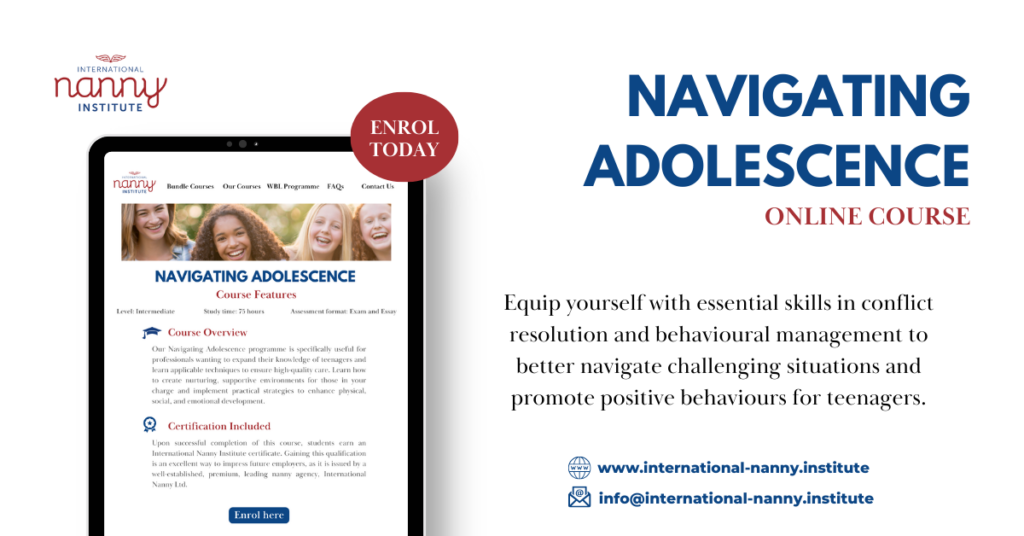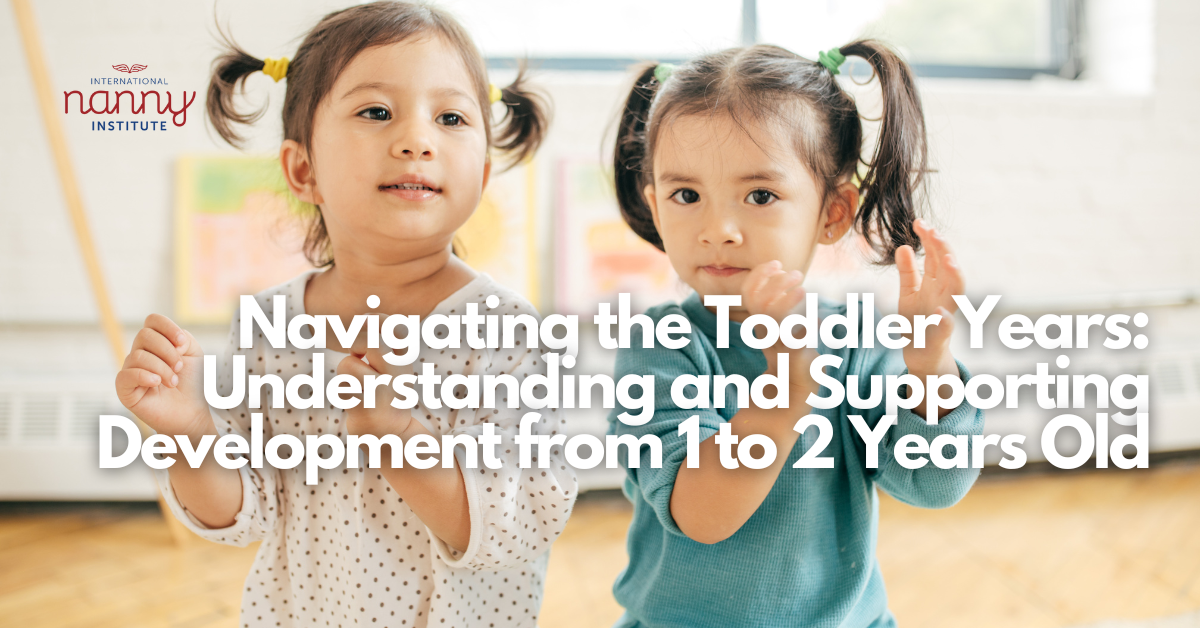Understanding the Adolescent Brain: How Nannies Can Better Support Teenagers
As nannies, we know that working with adolescents can come with its own unique set of joys and challenges. One of the keys to effectively supporting teenagers is understanding the profound changes happening in their brains during this critical stage of development.

Recent neuroscience research has shed new light on the adolescent brain and how it differs from both the child and adult brain. By gaining insight into this process, we can better empathise with the experiences of the teens in our care and adjust our approach accordingly.
The Teenage Brain in Flux
During the adolescent years, the brain undergoes an intense period of transformation, with dramatic changes occurring in both structure and function. Perhaps the most significant development is the pruning and reorganisation of the prefrontal cortex – the area responsible for judgement, impulse control, and decision-making.
This prefrontal cortex remodelling is a two-edged sword. On one hand, it allows the brain to become more efficient, streamlining neural connections and shedding unnecessary pathways. However, it also means that adolescents tend to rely more heavily on the limbic system – the emotional centre of the brain. This can contribute to the emotional volatility, risk-taking behaviours, and sometimes poor judgement that we often observe in teens.
Interestingly, the amygdala – which processes emotional information – also undergoes significant development during adolescence. This amplified emotional reactivity can lead to increased sensitivity to social cues and peer approval, as well as a heightened stress response.
Another key change is the maturation of the brain’s dopamine reward system. Adolescents experience a surge in dopamine production, which fuels their intense drive for novel experiences and sensations. This may explain the allure of risky behaviours, like reckless driving or substance experimentation, during this period.

Implications for Nannies
As nannies, understanding these neurological changes can help us better support the adolescents in our care. Here are a few key considerations:
Emotional Regulation
Recognising that teenagers’ brains are still developing impulse control can make us more patient and empathetic when they seem to “overreact” to situations. We can help them find healthy ways to process and express their strong emotions through journaling, physical activity, or mindfulness practices.
Motivation and Reward-Seeking
Adolescents are heavily motivated by the prospect of social rewards and peer approval. Tapping into these innate drives can be an effective way to encourage positive behaviours and goal-setting. For example, we could structure activities that allow teens to demonstrate their skills and talents in front of their peers.

Scaffolding Decision-Making
Since the prefrontal cortex is a work in progress, teenagers may struggle with long-term thinking and weighing consequences. Nannies can guide them through decision-making processes, offering structure and support. This might involve breaking down complex choices into smaller, more manageable steps or role-playing different scenarios.
Fostering Healthy Habits
Establishing routines around sleep, nutrition, and exercise can be particularly beneficial for adolescents, as these habits support cognitive development and emotional regulation. By helping teens incorporate these healthy behaviours into their daily lives, we can nurture their overall well-being.
Encouraging Exploration
The teenage years are a time of immense curiosity and identity formation. Nannies can nurture this by exposing teens to new experiences, allowing them to experiment safely, and validating their evolving sense of self. Providing a supportive, judgement-free environment can empower adolescents to embrace this period of discovery.

We can become more attuned, empathetic, and effective caregivers by deepening our understanding of the adolescent brain. Ultimately, this knowledge equips us to meet the unique needs of the teenagers in our charge and help them navigate this transformative stage of life.
Are you looking to take your nanny career to the next level? The International Nanny Institute’s “Navigating Adolescence” course will equip you with the specialised knowledge and practical skills to excel in supporting teen clients. Deepen your understanding of the unique developmental needs of adolescents, learn effective strategies for fostering independence and resilience, and master the art of setting healthy boundaries – all while enhancing your value to the families you serve. Invest in your professional growth today and position yourself as an indispensable expert in the dynamic and rewarding world of teenage caregiving.









